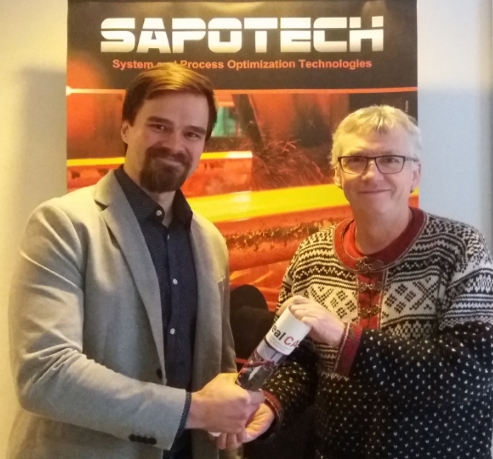Our latest research paper: "Effect of Charcoal and Kraft-lignin Addition on Coke Compression Strength and Reactivity" has
been published in
Energies. The research investigates the possibility to replace part of the coking coal with charcoal or Kraft-lignin in metallurgical coke production.
Abstract: The aim of this research was to investigate the effects of charcoal and
Kraft-lignin additions on the structure, cold compression strength, and
reactivity of bio-cokes produced at the laboratory scale. Bio-cokes were
prepared by adding charcoal and Kraft-lignin (2.5, 5.0, 7.5, and 10.0
wt %) to medium-volatile coal and coking the mixture with controlled
heating rate (3.5 °C/min) up to 1200 °C. In addition, four particle
sizes of charcoal were added with a 5 wt % addition rate to investigate
the effect of particle size on the compression strength and reactivity.
Thermogravimetric analysis was used to evaluate the pyrolysis behavior
of coal and biomasses. Optical microscopy was used to investigate the
interaction of coal and biomass components. It was found that by
controlling the amount of charcoal and Kraft-lignin in the coal blend,
the compression strength of the bio-cokes remains at an acceptable level
compared to the reference coke without biomass addition. The cold
compression strength of the charcoal bio-cokes was higher compared to
Kraft-lignin bio-cokes. The reactivity of the bio-cokes with charcoal
addition was markedly higher compared to reference coke and Kraft-lignin
bio-cokes, mainly due to the differences in the physical properties of
the parental biomass. By increasing the bulk density of the coal/biomass
charge, the cold compression strength of the bio-cokes can be improved
substantially.
Authors: H. Suopajärvi, E. Dahl, A. Kemppainen, S. Gornostayev, A. Koskela, T. Fabritius

